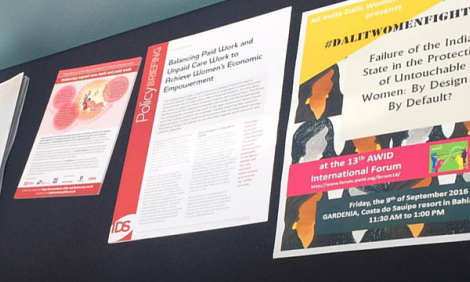
Feminist talk
We can't do it alone: Connections at AWID 2016
In such massive gatherings often the plenary session rings a bit empty or hollow, like background noise to other more real conversations taking place. AWID was different in that its massive burst of energy and radical politics was most often from the plenary sessions. This article explores the sessions at AWID held by Dalit women, Romani women, Rojava/Kobane women, and others.
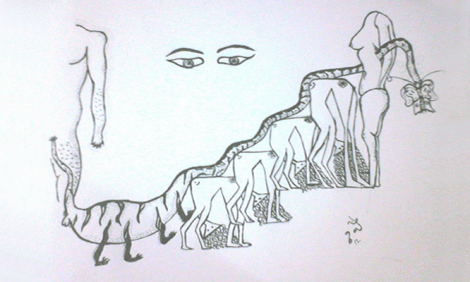
Feminist talk
[COLUMN] The Gender Binary: Thank you!
The word Impostor keeps coming up every time a trans woman writes about herself. It is there, just below the surface, despite all the estrogen and progesterone, under all the skin-colour foundation and pink lipstick and shiny earrings. It is behind the pads on our breast, cushioning the tender nipples. The feeling, and the word - impostor. We are impostors when we try to be us, and when we try to…

Feminist talk
I delete myself: anonymity and sexuality online
The fact that the Internet allows women to be anonymous has greatly aided in increased freedom of expression as well as in combating sexual discrimination, violence as well as domestic abuse. Even with the points in favour of right to anonymity being far and wide, it is not seen as a priority in many countries. Human rights activists and the civil society are only beginning to acknowledge that…
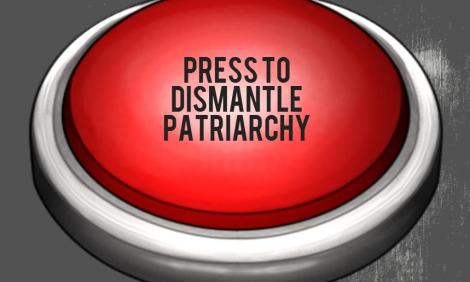
Feminist talk
Women's safety? There is an app for that
There are myriad mobile phone apps meant to be deployed for personal safety, but technical wizardry perhaps makes it easy to lose sight of the fact that technology is not a saviour but a tool or an enabler. Technology alone cannot be the panacea of a problem that is deeply complex and, in reality, rooted in society and governance.

Publication
Keeping women safe? Gender, online harassment and Indian law
Findings of the Internet Democracy Project research study, ‘”Don’t Let It Stand!”: An Exploratory Study of Women and Verbal Online Abuse in India’, indicate that women in India develop a variety of strategies to deal with the verbal threats they face. However, these strategies very rarely include the law,resulting in a silence around questions of legal effectiveness and recourse for online verbal…
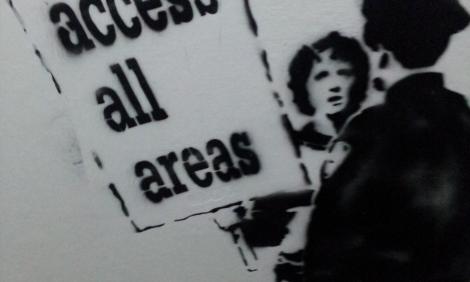
Feminist talk
Of Porn, Morality and Censorship: A Perspective from India
Filed in April 2013, a legal petition that calls for a ban on pornography on account of its linkage to sexual violence in India has raised several eyebrows and debates within the country. This piece written by Richa Kaul Padte explores the context for this proposed legislation, the social and legal cultures in which it sits, and its implications for internet censorship within India.
Publication
Women and online abuse in India: Submission to Special Rapporteur on Violence Against Women
In the Indian context, the internet has played a critical role in opening up rights for women on one side of the digital divide, giving them access to vital (at times, life altering) information and an opportunity to exercise (some for the first time) their right to free speech and expression through platforms such as blogs, micro blogs and social media. However, as in their lives offline, in the…
Feminist talk
‘Choli ke peeche kya hai?’: censorship and pornography
The discourse of censorship is well-known to most people, as India’s right-wing moral brigades routinely flock to the streets to prevent everything from item numbers in Bollywood films to sex education posters in trains to the greeting-card shop Archies (for its ‘promotion’ of Valentine’s Day) from going ahead. But what does this mean for freedom of speech and expression in the country? And more…
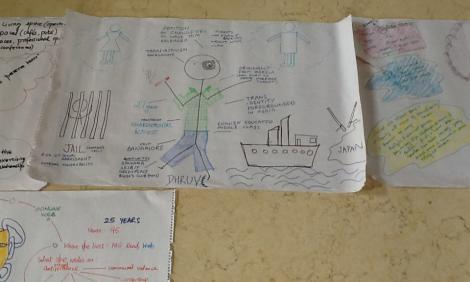
Feminist talk
Security risks online: How much information do you give away?
Imagine the life of an Indian gender or sexuality rights activist. What work do they do? Who do they interact with? What threats do they face? Here are some snapshots (created by participants).
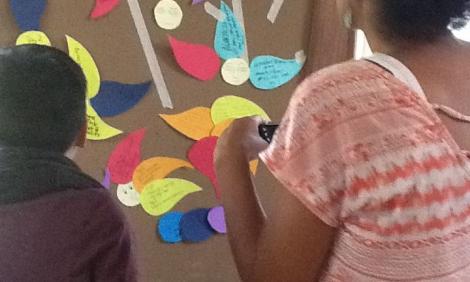
Feminist talk
Mechanics and governance of the internet
The internet is an important part of many of our daily lives, work and activism - but how many of us actually understand what it is? Beyond mechanics, questions around who governs the internet are key to contextualising the struggle for rights - including sexuality rights - online.




